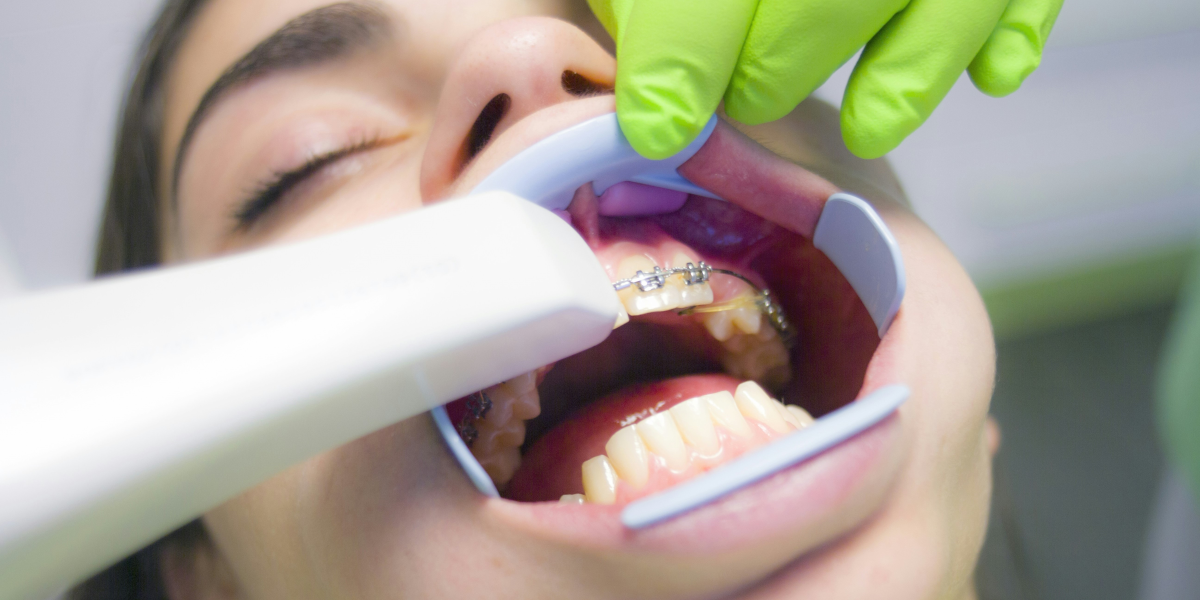At-home dental hygiene keeps your teeth clean and healthy between dental visits. Brushing is easy, and most people brush twice a day as recommended. On the other hand, flossing is just as important, but only about 30% of us manage to floss each day. Failure to floss could leave you and your smile vulnerable to serious dental problems. Here’s what you need to know.
What Does Flossing Do?
Oral bacteria live in a sticky biofilm called plaque. Plaque accumulates on your teeth throughout the day, and brushing helps clean a lot of it. Unfortunately, plaque’s favorite hiding spot is at the gumline, where toothbrushes might be less effective at removing plaque.
Even if you brush your teeth twice daily for the recommended two minutes at a time, you still need to floss. Flossing cleans between teeth and along the gumline. You can use floss picks, regular dental floss, or interdental cleaners. You just need to be sure to clean between your teeth every day.
1. Bad Breath
Onions and garlic might be notorious for causing bad breath, but the real culprit is a lack of flossing for many. Plaque buildup between teeth or near the gumline releases stinky volatile sulfur compounds, which can cause serious bad breath. Flossing your teeth stops bad breath at its source by removing plaque and the bacteria it contains.
2. Tooth Decay, Cavities, and Oral Infections
Plaque is full of bacteria, which churn out acidic byproducts. This acid erodes enamel and can lead to cavities. Plaque can also harden into a mineralized substance called tartar, which can only be removed during a professional cleaning. Plague and tartar buildup increase your risk of serious dental diseases, including decay, cavities, and dental abscesses. While these conditions are treatable, they result in permanent damage to the structure of the teeth. Flossing keeps plaque and tartar under control for healthier teeth and fewer dental interventions.
3. Gum Disease
The bacteria in plaque irritate and inflame gums. As the plaque builds up, your gums will start to pull away from your teeth, leaving pockets of infection. Gum disease is a serious dental problem. Advanced gum disease could cost you gum tissue, teeth, and even jaw bone structure. Flossing eliminates plaque at the gumline to protect your gums and keep them healthy.
4. Physical Health Issues
Gum disease is characterized by inflammation not confined to the gum tissue. Gum disease has been linked to everything from heart disease and diabetes to cancer. Unfortunately, about 40 percent of young Americans and more than half of older Americans have some degree of gum disease. Flossing can help you keep your gums – and thus your whole body – healthier.
You can get essential flossing tips at your next dental cleaning. In the meantime, begin flossing daily using a length of dental floss wrapped around your index fingers. Carefully thread the floss between your teeth and curve it around the sides of each tooth to remove plaque and bacteria from above and below the gumline. Floss daily before or after brushing. You can add an antimicrobial mouthwash for added freshness and cleaning power.
Published by: Khy Talara






